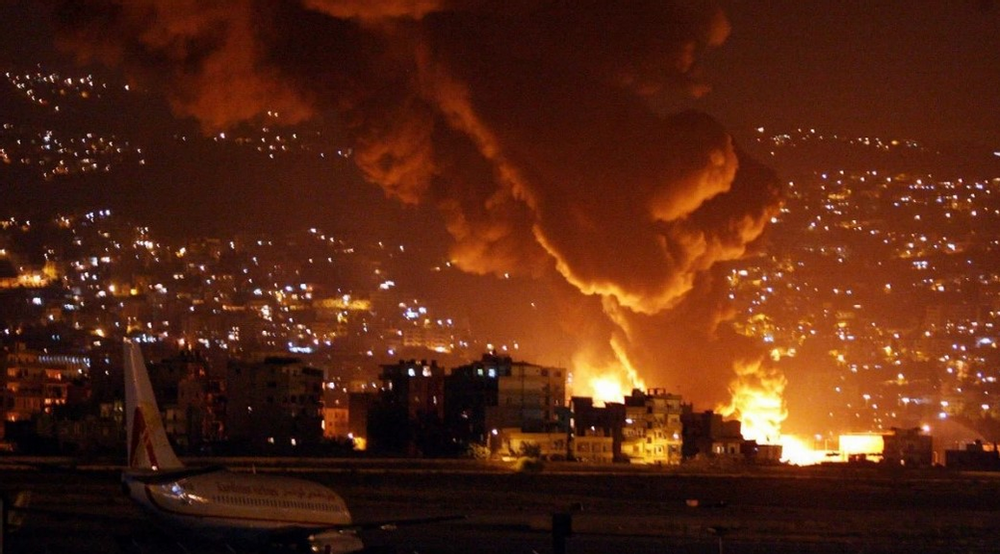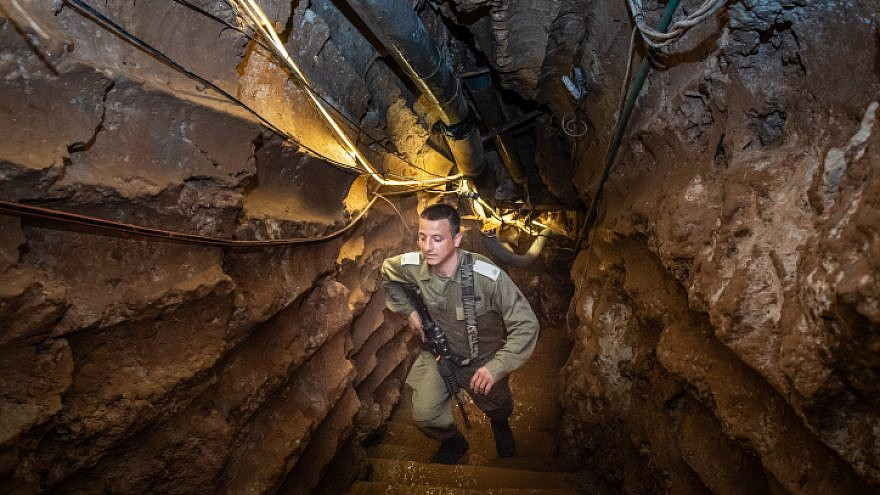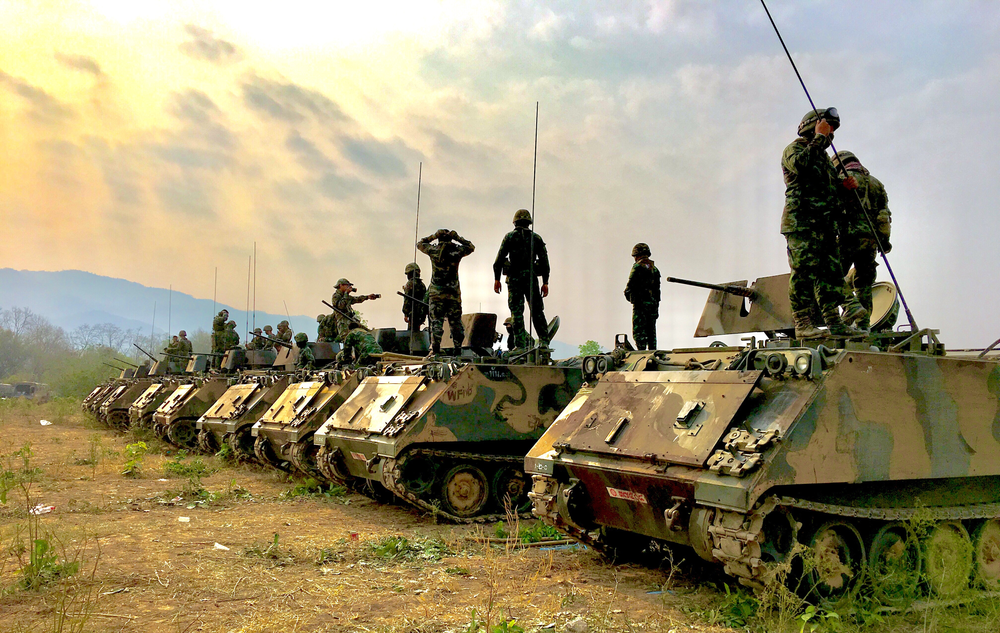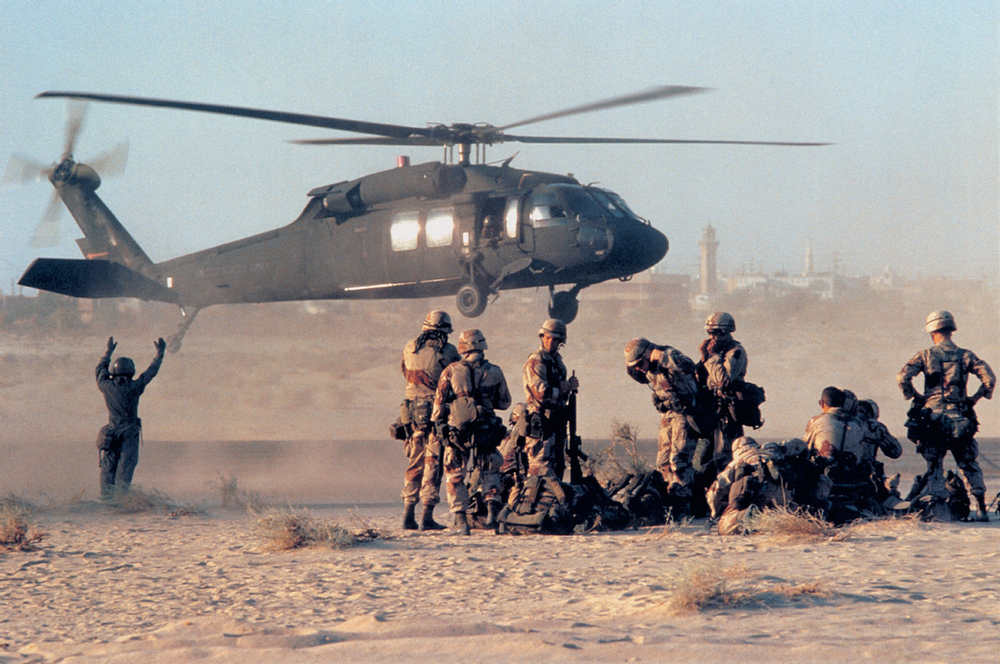
In the last operation in Gaza 2014, Hamas’s most threatening tool was the offensive tunnels. Hamas utilized them to attack Israeli towns and IDF positions around the Gaza strip. The tunnels proved to be a strategic weapon that Israel found exceedingly difficult to deal with. Hence the concerns pertaining to a possible Second Lebanon War.
According to Lebanese sources, Hezbollah started to build its tunnel operation several years ago. Public sources in Israel confirm that Israeli citizens living next to the Lebanese borders can hear drills every night.
Hassan Nasrallah, the head of Hezbollah, even publicly threatened Israel multiple times. He said that, in the next Lebanon war, Hezbollah will invade Israeli territory and take over an Israeli town.
According to available reports, Hezbollah aims to dig offensive tunnels for those purposes. On multiple occasions, when Hassan Nasrallah promises or signals on a specific objective, there is an on-ground attempt to achieve it. The Israeli security forces understand that and operate accordingly.

Observation Points and Ground Methodology
Reports from the north point at a relative silence in the Northern front. Hizbullah is continuously positioning observation positions across the Israeli border to gain intelligence on the IDF’s routine and track changes in the IDF’s positions. Open publications tell us that Hizbullah’s observation positions recently increased.

Let us observe the claim by journalists and analysts “that Hezbollah is not ready for a potential IDF ground invasion as a result of its involvement in the Syrian civil war.” This claim is not relevant, as Hizbullah’s methodology of fighting does not rely on large numbers.
The organization works with small defensive units of 3-7 people armed with mortars and anti-tank missiles. The organization’s soldiers operate within tunnels or houses in strategic points (within villages, towns, or open fields).
Thereby, they help the organization perform useful attacks, causing damage and moving to the next position. During the Second Lebanon War, the organization caused massive confusion and damage to IDF forces on the ground. The organization indeed suffered many losses during the Second Lebanon War. However, it managed to drag Israel into a 30-day war with lower numbers than it has today.
Summary
Throughout recent years, the mutual exchanges between the IDF and Hezbollah continued.
The most novel event was the assassination of Hizbullah’s Commander Mustafa Bader A-Din. Reports confirm that it was not Israel’s doing, but this is still under a question mark. Furthermore, Samir Kuntar was killed in 2015, as was Jihad Morania (the son of Emad Morania).
Accompanying those assassinations were IDF attacks on Iran-to-Syria weapon deliveries. These arms were going to hands of Hizbullah.
The organization’s reply was limited, but Hizbullah was not afraid to act. In January 2015, they attacked an IDF patrol by firing an anti-tank missile from Lebanese territory into Israel.

Israelis can feel the recent escalation in tensions. Hizbullah is repeatedly trying to find options to offend Israel when the time is right.
An example of the organization’s efforts to hurt Israel is visible in the recent attempt of Hizbullah to recruit Palestinians from the West Bank. They would then have the task to carry out offenses against Israeli citizens.
Luckily, Israel’s security services hindered this attempt.
The questions remaining are: for how long will Israel allow Hizbullah to gain strength? For how long will the mutual attacks last without escalating to larger cross-border exchanges? And where will Israel draw the line?
What will mutual missile and artillery exchanges result in? Will it drag the parties into another war? The natural thinking is that we are very close to new escalations and a further round. The only unclear aspect is its proportions.

For more insight into our previous work, take a look at the rest of our Case Studies & Articles and learn how the SCS team ensures professional, responsive, and flexible security services. Alternatively, for more information on how our adaptive services can help you and your clients, contact us today.
